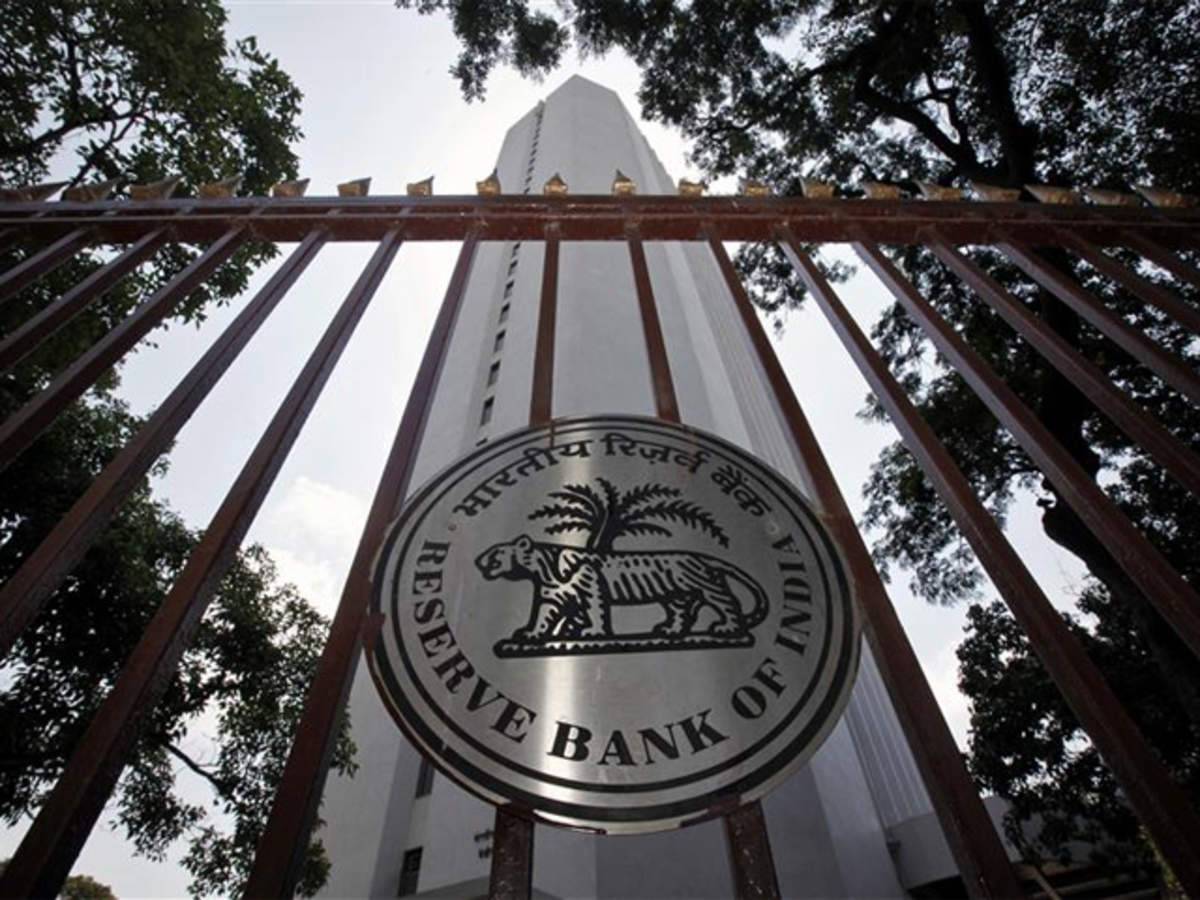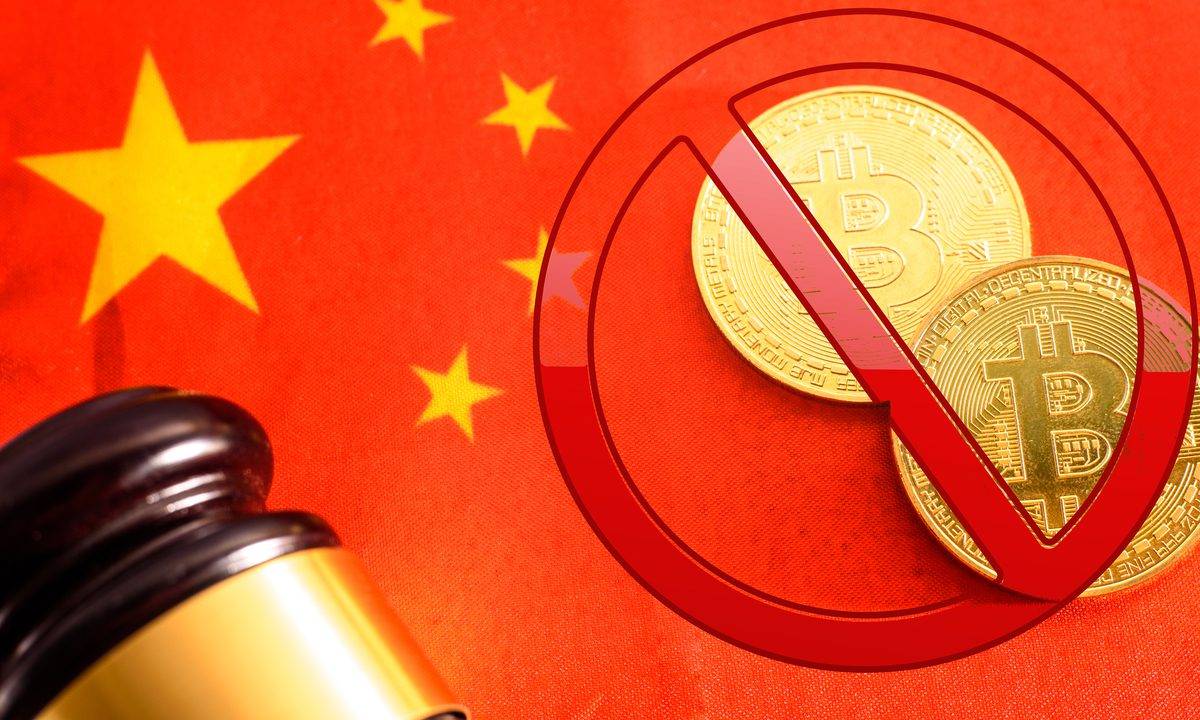
Explaining The Global Minimum Tax System
The global Tax system has been a hot topic for the countries for years, so much so, that the group of Seven nations, namely, France, Italy, Canada, Germany, Japan, the United Kingdom, and the United States, effectively agreed on 2021 to promote a new global tax regime.
It is to be noted that the newer global tax regime would help solve the twin goals of the tax scheme. Firstly, to effectively make large transnational corporations and companies pay more tax while operating in tax havens or where they conduct their economic activities, and secondly to severely mitigate the attractiveness of tax havens for the multinational companies in pursuit to escape paying taxes.
The need for such a tax regime to mitigate the attractiveness of the tax havens is due to the fact that transnationals effectively often try to establish their tax homes in countries with low corporate income tax rates, in order to escape the high tax regimes in their own countries.
Thus, the proposed tax regime will help in transferring transnational companies’ profits from their home countries to the countries in which they make sales.
Additionally, it is to be noted that the newer tax regime will emphatically help set a global minimum tax rate of 15% for companies and multinationals all around the world.
 It is worth noting here that the newer global tax regime is being pushed forward by wealthy economies that have systematically agreed to the global minimum tax proposal. These include the G7 and G20 members that are particularly wary of seeing profits made within their borders going untaxed or escaping the grasp of western tax systems.
It is worth noting here that the newer global tax regime is being pushed forward by wealthy economies that have systematically agreed to the global minimum tax proposal. These include the G7 and G20 members that are particularly wary of seeing profits made within their borders going untaxed or escaping the grasp of western tax systems.
To talk about the monetary loss that is accruing to western countries due to operations of multinationals through safe havens stands at a whopping $500 billion, which is effectively lost in revenue each year. This corroborates the fact that the western economies are quite inclined toward restoring their lost profits over the decades.
The full story?
This gives rise to a pertinent question is the problem of a non-existential global tax system only limited to monetary losses for the counties? Perhaps, there is more to the story than what meets the eye.
It is to be noted that of the annual revenue that is lost to tax havens, around $200 billion is lost by less-developed countries as well.
 Developing countries: a boon or curse?
Developing countries: a boon or curse?
Given the fact that even underdeveloped countries have much to lose, will these countries join the race to mitigate such discrepancies? Not quite amicably.
This is due to the fact that various tax havens like the Cayman Islands would continue to offer enough incentives and exemptions to effectively and emphatically retain investments in its economy, which are needed to drive its economic growth.
Thus, such practices will be prevalent even if the government will adhere to an international minimum rate. Thus, this will significantly lead to the reduced effect of a minimum tax regime being crafted by the wealthier countries.
But given the incentive of the less developed countries do not to adhere to the global minimum tax, the more important question that arises is whether joining the race makes any sense for less-developed countries?
Though, according to the reports, there is effectively no guarantee that a global minimum rate of 15% would anyway shift investments from current tax havens to less-developed countries. Thus, the developed county’s proposal may partially bear fruits.
Though, the developing economies cannot be chastised or criticized for not adhering to the regime as they face enormous pressures to attract foreign capital for growth. Thus, they effectively cannot be faulted for this desire.
Though, it is to be noted that though finance might seem like the most viable and tantalizing option to grow, more effectively basic infrastructure, sound fiscal policies, and conditions, stable government, etc. play a larger role.
 Thus, if the larger implication of the global minimum tax policy is to be scrutinized, it can be stated that it will at least contribute to the process of elimination of the temptation for other less-developed countries to systematically join the race to the bottom. In fact, according to the reports, we might even encounter beneficial changes in policies in the current tax havens.
Thus, if the larger implication of the global minimum tax policy is to be scrutinized, it can be stated that it will at least contribute to the process of elimination of the temptation for other less-developed countries to systematically join the race to the bottom. In fact, according to the reports, we might even encounter beneficial changes in policies in the current tax havens.
Thus, given the aforementioned arguments, one can effectively argue that the minimum tax regime will bore well for the developed countries in order to attain its lost revenues but for the developing economies, the answer remains more complicated.
With the tantalizing benefits of investments in the economy that are presented to the developing countries, it is quite arduous to make a stance about the feasibility of the global minimum tax regime. With much more to lose, in terms of infrastructure, revenues, labor utility, etc. one can argue that the case for the developing countries is quite delicate and complex.
Thus, in totality, it can be maintained that the minimum tax regime has immense advantages for some well not much for others. Thus, it is a boon for the developed countries but for undeveloped countries, it is too soon to tell.
Tags: global tax regime, global tax, global minimum corporate tax, international tax, global corporate tax, g7 global tax, world tax, minimum global tax, global minimum tax deal, global tax system



 With the lower
With the lower  Thus, call it immense conviction or perfect strategy, but it cannot be denied that the government has shown efficiency in the revamping of the corporate sector through the right timing and policies.
Thus, call it immense conviction or perfect strategy, but it cannot be denied that the government has shown efficiency in the revamping of the corporate sector through the right timing and policies.

 A hasty, uninformed decision?
A hasty, uninformed decision? But has there been a precedent that has been set for such a situation? The answer is affirmative. Similar problems were encountered earlier too when China’s central bank had effectively announced that all transactions involving cryptocurrencies were illegal.
But has there been a precedent that has been set for such a situation? The answer is affirmative. Similar problems were encountered earlier too when China’s central bank had effectively announced that all transactions involving cryptocurrencies were illegal. What also needs to be considered is the fact that most of the investors on the exchange platforms are young and from smaller towns in India. Thus, they have limited financial knowledge of the asset class. Thus given the constricted knowledge horizons, one can effectively state that they tend to panic more, especially when there is such adverse news.
What also needs to be considered is the fact that most of the investors on the exchange platforms are young and from smaller towns in India. Thus, they have limited financial knowledge of the asset class. Thus given the constricted knowledge horizons, one can effectively state that they tend to panic more, especially when there is such adverse news.
 Under particular regulation 21 of the code, the committee of creditors finds the seed of its formation. According to the code, the committee of creditors shall emphatically and strategically comprise all the financial creditors of the corporate debtor.
Under particular regulation 21 of the code, the committee of creditors finds the seed of its formation. According to the code, the committee of creditors shall emphatically and strategically comprise all the financial creditors of the corporate debtor. In fact, it is also worth mentioning here that the committee of creditors also enjoys the authority to approach the adjudicating authority.
In fact, it is also worth mentioning here that the committee of creditors also enjoys the authority to approach the adjudicating authority.

 Last year, the Indian government passed the Personal Data Protection Bill. This had provided for the establishment of the first cross-sectoral legal framework for effective data protection in India which until now was emphatically missing.
Last year, the Indian government passed the Personal Data Protection Bill. This had provided for the establishment of the first cross-sectoral legal framework for effective data protection in India which until now was emphatically missing. What makes the laws even more contentious is the fact that the proposed diabolical framework is not only quite unlikely to protect the privacy of individuals adequately but also emphatically strengthens the role of the state in the data economy.
What makes the laws even more contentious is the fact that the proposed diabolical framework is not only quite unlikely to protect the privacy of individuals adequately but also emphatically strengthens the role of the state in the data economy.


 Primary Criticism of Banking Code in India Against IBC
Primary Criticism of Banking Code in India Against IBC This perhaps is due to more palpable reasons that prior to the odious detection of the fresh variant in South Africa, the market was holding a stronger view of the bank’s interest policy and was emphatically anticipating the process of raising interest rates.
This perhaps is due to more palpable reasons that prior to the odious detection of the fresh variant in South Africa, the market was holding a stronger view of the bank’s interest policy and was emphatically anticipating the process of raising interest rates. But given the strong proposition above, is there no other narrative that is prevailing in the market? The answer is apparently no.
But given the strong proposition above, is there no other narrative that is prevailing in the market? The answer is apparently no.

 It is to be noted if
It is to be noted if  Other than enjoying popularity amongst the masses, the corporations also can use the opportunity to make positive contributions toward cultural, social, economic, and environmental issues that are increasingly prevalent in society.
Other than enjoying popularity amongst the masses, the corporations also can use the opportunity to make positive contributions toward cultural, social, economic, and environmental issues that are increasingly prevalent in society. The board of the companies usually approves the Corporate Social Responsibility Policy. The board also strategically ensures that the activities are effectively included in the Corporate Social Responsibility Policy of the company and are in fact undertaken solemnly by the company.
The board of the companies usually approves the Corporate Social Responsibility Policy. The board also strategically ensures that the activities are effectively included in the Corporate Social Responsibility Policy of the company and are in fact undertaken solemnly by the company.
 If the newer consumer protection act is to be scrutinized, the arbitrariness surrounding the definition of the consumer has been cleared.
If the newer consumer protection act is to be scrutinized, the arbitrariness surrounding the definition of the consumer has been cleared. Unfair Trade Practices
Unfair Trade Practices It is to be noted that the repealed consumer Act of 1986 did not include in its definition the scope of online misleading advertisements. Thus, these have been added to the 2019 consumer Act.
It is to be noted that the repealed consumer Act of 1986 did not include in its definition the scope of online misleading advertisements. Thus, these have been added to the 2019 consumer Act. Though, there are certain discrepancies that have surfaced since the inception of the fact. These allegations pertain to the undue influence of politicians the consumer rights and the authority of censorship that the government will effectively enjoy.
Though, there are certain discrepancies that have surfaced since the inception of the fact. These allegations pertain to the undue influence of politicians the consumer rights and the authority of censorship that the government will effectively enjoy.
 Thus, individuals will face legal risk if they indulge in cryptocurrency transactions openly or clandestinely. In fact, not only individuals but also organizations participating in such virtual currency trading will come under the ambit of China’s authoritative laws.
Thus, individuals will face legal risk if they indulge in cryptocurrency transactions openly or clandestinely. In fact, not only individuals but also organizations participating in such virtual currency trading will come under the ambit of China’s authoritative laws. But with the virus exacerbating the financial health of the sector, many were cashing on the loans that were being provided by China for the development of unfished housing in the country. But with the onset of the pandemic, population migration to such households has dropped.
But with the virus exacerbating the financial health of the sector, many were cashing on the loans that were being provided by China for the development of unfished housing in the country. But with the onset of the pandemic, population migration to such households has dropped. This has emphatically led the government to restrict Evergrande from issuing any new bonds to significantly pay off its near-term debt.
This has emphatically led the government to restrict Evergrande from issuing any new bonds to significantly pay off its near-term debt.